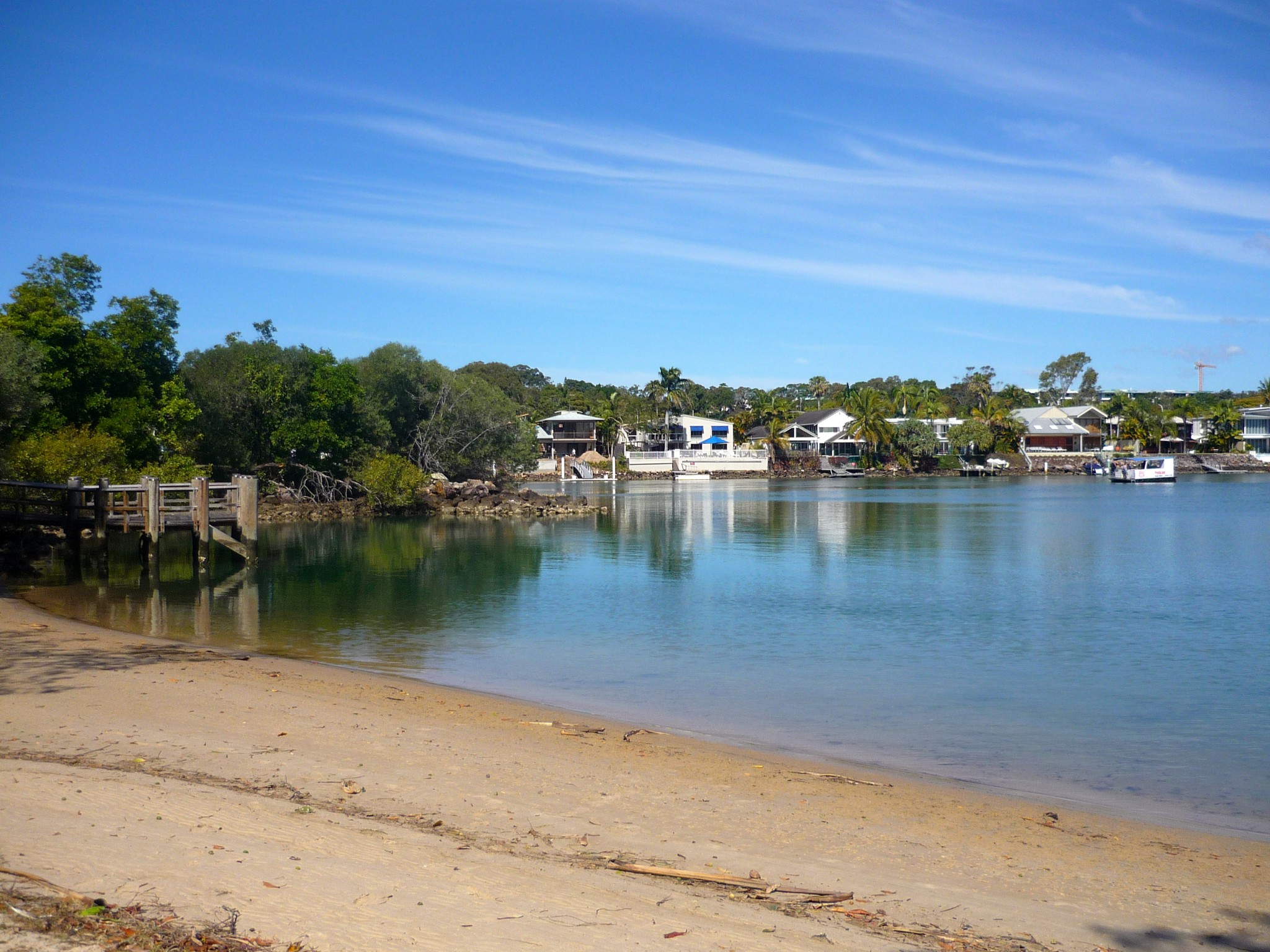“La Madrague” is a famous French song recorded by Brigitte Bardot in 1963. On the last day of our French intensive course in Noosa, we listened to the song. During the course, the adult students worked on the theme of “Les vacances à la mer” (the holidays by the sea in France).
About the song
“La Madrague” is a song written by Jean-Max Rivière and composed by Gérard Bourgeois. Inspired by the house of Brigitte Bardot, it was recorded in 1963 and sung by the French star herself. The lyrics refer to the property purchased in 1958 by Brigitte Bardot in Saint-Tropez. The peaceful enclave of La Madrague which overlooks the sea has been owned by the French model, actress and singer for more than half a century.
Brigitte Bardot, who turned her back on stardom in 1973 at the height of her career, wished to find privacy there, in a place hidden from the photographers and busyness of life. She adored the house so much that the song “La Madrague” reveals itself as a tender anthem to summertime in Saint-Tropez.
A “madrague” is a fishing technique for catching tuna (almadraba in Spanish).
The French lyrics of “La Madrague”
Sur la plage abandonnée
Coquillage et crustacés
Qui l’eût cru déplorent la perte de l’été
Qui depuis s’en est allé
On a rangé les vacances
Dans des valises en carton
Et c’est triste quand on pense à la saison
Du soleil et des chansons
Pourtant je sais bien l’année prochaine
Tout refleurira nous reviendrons
Mais en attendant je suis en peine
De quitter la mer et ma maison
Le mistral va s’habituer
A courir sans les voiliers
Et c’est dans ma chevelure ébouriffée
Qu’il va le plus me manquer
Le soleil mon grand copain
Ne me brulera que de loin
Croyant que nous sommes ensemble un peu fâchés
D’être tous deux séparés
Le train m’emmènera vers l’automne
Retrouver la ville sous la pluie
Mon chagrin ne sera pour personne
Je le garderai comme un ami
Mais aux premiers jours d’été
Tous les ennuis oubliés
Nous reviendrons faire la fête aux crustacés
De la plage ensoleillée
De la plage ensoleillée
De la plage ensoleillée
The English Translation
On the abandoned beach
Seashells and shellfish
Who would have thought they’d deplore the loss of the summer
Which have since gone away
We put the holidays away
In cardboard-made suitcases
And it is sad when we think of the season
Of the sun and the songs
Though I know that next year
The flowers will bloom again
But meanwhile, I am in sorrow
To leave the sea and my house
The mistral wind will be accustomed
To blow without the sailing boats
And it is in my dishevelled hair
That I will miss it most
My dear friend, The Sun
Will only burn from a long way off
Believing that we are a little crossed
To be both separated
The train will take me along towards the autumn
To find the city under the rain
My grief is for no-one
I will keep it like a dear friend
But on the first days of Summer
With all the problems forgotten
We will return to celebrate with the shellfish
On the sunny beach
On the sunny beach
On the sunny beach



